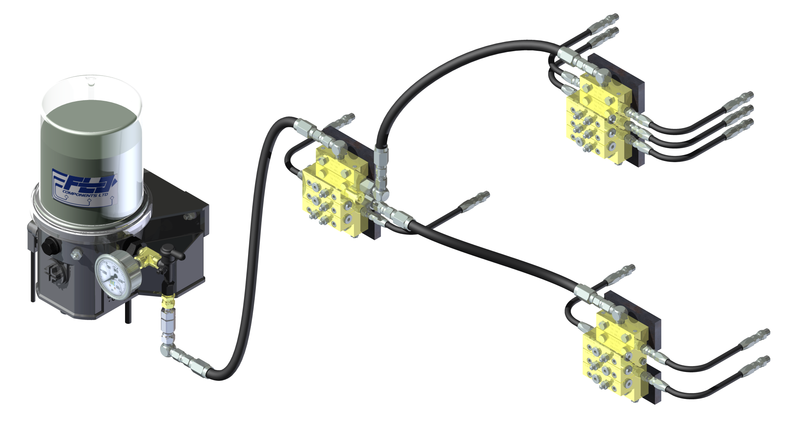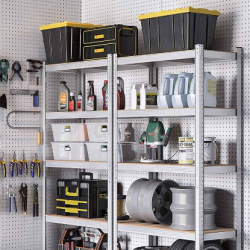Three dry film lubricant coatings
Dry film lubricants (also known as just dry lubricants or solid lubricants) are used to ease the friction between any two surfaces that rub against each other. These solid materials are an alternative to the traditional oil or grease liquid lubricants on offer.
Why choose dry film lubricant coatings?
They are generally favoured because dry film versions offer longer-lasting lubrication results, reduce the friction level, work well in a vacuum, help avoid seizing and galling, and can be used in all kinds of conditions without freezing or vaporizing as liquid alternatives easily could.
Although liquid lubricants are unusable in a lot of situations, dry film versions can easily step up and do the job.
Popular types of dry film lubricant coatings
Xylan
This is made from a combination of low-friction fluoropolymer compounds and organic polymers, producing a coating that provides reliable long-term protection against wear and is great at dealing with both hot and cold temperatures, chemicals, corrosion and friction. This is very popular in non-stick cookware and is also popular in the car, oil and gas industries.
Molybdenum Disulfide (Moly dry film lubricant)
Moly is mostly unreactive, so it is not going to be affected by factors like oxygen. This is the best choice of lubricant for applications with a need for a high-load bearing capacity. Using a moly dry lubricant can deliver as much as 250,000 psi, and this lubricant has qualities that are very similar to graphite. Two popular uses for moly dry film lubricant are in the motorcycle and rifle building industries.
Image Credit
Fluoropolymer
These high-end dry film lubricants lead to a high-quality, smooth and strong finish, and they only need one coat. This lubricant offers many of the same benefits as Xylan, such as being very good at resisting extreme heat and cold.
Choosing the right dry film lubricant coating
There are a lot of different factors to consider when deciding which type of dry film lubricant coating is best for a particular situation, so it is always best to consult surface engineering specialists such as https://www.poeton.co.uk/ for personal advice.
This is important because choosing the best dry film lubricant involves accounting for the type of substrate, whether plating is involved, how much corrosion protection is needed, and the nature of any current problems to be solved.




